
In normal times, African countries would have loudly saluted the choice of Rwanda's Louise Mushikiwabo as head of the world community of French-speaking countries.
Instead, her nomination -- set to be enshrined at a summit of the International Organisation of La Francophonie (OIF) in Armenia on Thursday and Friday -- has met with tight lips or muttered criticism.
For some African commentators, the decision is a stitchup between French President Emmanuel Macron and Rwandan President Paul Kagame that does little for France's reputation or the OIF's mission.
"The silence is deafening," said Mathias Hounkpe of OSIWA, the West African branch of the Open Society network of thinktanks, describing how African countries have responded.
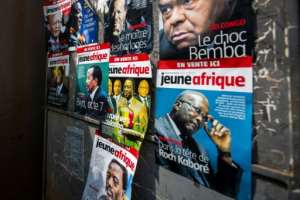 In 2003 Rwanda made English an official language alongside the country's first language, Kinyarwanda, and French. By JACQUES NKINZINGABO (AFP/File)
In 2003 Rwanda made English an official language alongside the country's first language, Kinyarwanda, and French. By JACQUES NKINZINGABO (AFP/File) Other voices harshly recall France's history of back-door dealings in former sub-Saharan colonies, often at the expense of human rights and democracy.
"It's like Francafrique," said Ivory Coast commentator and author Alex Kipre, referring to a notorious policy of interference that Paris insists was ditched years ago.
Macron "has used La Francophonie as a French toy," said Paul Berenger, head of the opposition Mauritian Militant Movement on the French-speaking Indian Ocean island of Mauritius.
"This is bad news for La Francophonie. It is supposed to promote the values of the French language and human rights."
Joint pitch
Created in 1970 along lines blazed by the Commonwealth, the OIF brings together 58 countries and regional governments, representing 274 million speakers of French around the world.
Just months ago, the big name expected to be adopted in Erevan was the current OIF secretary general, Michaelle Jean -- a Canadian of Haitian descent who in 2014 became the first woman and non-African to helm the organisation.
But her fortunes changed in May when Kagame visited Paris.
After talks with Macron, he announced -- in English -- that his foreign minister would be seeking the leadership of the world's francophone community.
Macron declared his support, saying Mushikiwabo had "every quality for the job".
The Macron-Kagame pitch, say analysts, is part of an effort to turn the page of nearly a quarter-century of acrimony, rooted in accusations by Rwanda -- rejected by France -- of French involvement in the 1994 genocide.
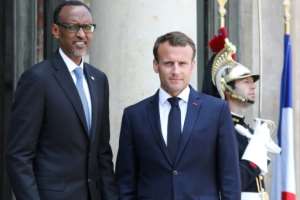 After talks with Macron, Kagame announced -- in English -- that his foreign minister would be seeking the leadership of the world's francophone community. By ludovic MARIN (AFP/File)
After talks with Macron, Kagame announced -- in English -- that his foreign minister would be seeking the leadership of the world's francophone community. By ludovic MARIN (AFP/File) Rwanda's fury at France was such that in 2003 it made English an official language alongside the country's first language, Kinyarwanda, and French.
Five years later English replaced French as the language of education, and in 2009 Rwanda joined the Commonwealth, even though as a former Belgian territory its historic ties to Britain were negligible.
In July, African francophone countries officially rallied behind Mushikiwabo.
This was in line with their policy of backing an African candidate sensitive to the needs of states that comprise more than half of the OIF membership.
'Problem' Rwanda
But their support was lip service, said Senegalese political analyst Babacar Justin Ndiaye.
Rwanda "is a problem," he said, saying the country had "turned its back" on La Francophonie in the past, and its record on human rights was at odds with the organisation's commitment to democracy.
"France has been manoeuvering to satisfy Rwanda, to win it over," he told AFP.
Mushikiwabo's level of French was "rough," he said, quipping that the Academie Francaise -- the porticoed Paris institution that is the official guardian of the French language -- would be "dumbstruck".
The choice of Mushikiwabo "has been rushed through -- politics have taken precedence over language, democracy, demography," he said.
"Many factors have been sacrificed on the altar of diplomacy."
Read Full Story
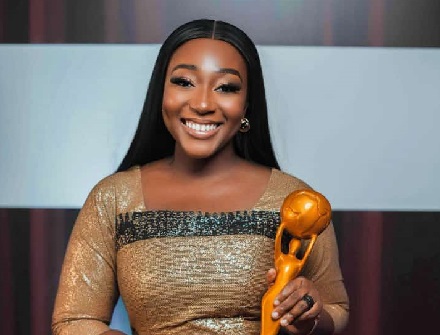
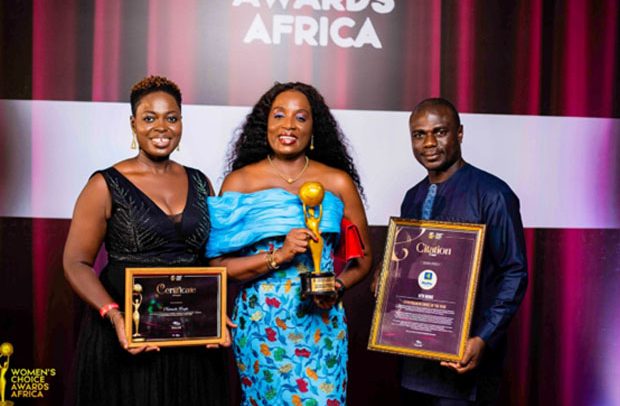

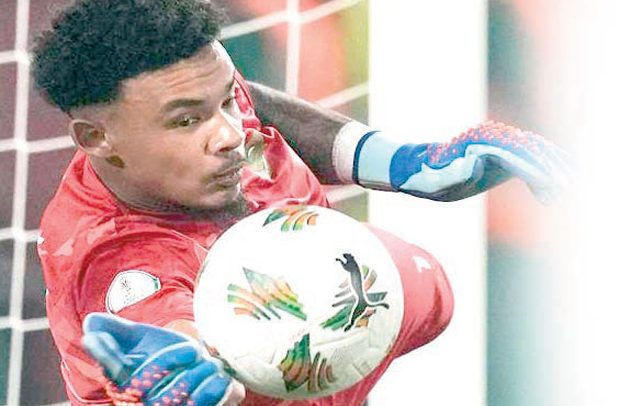
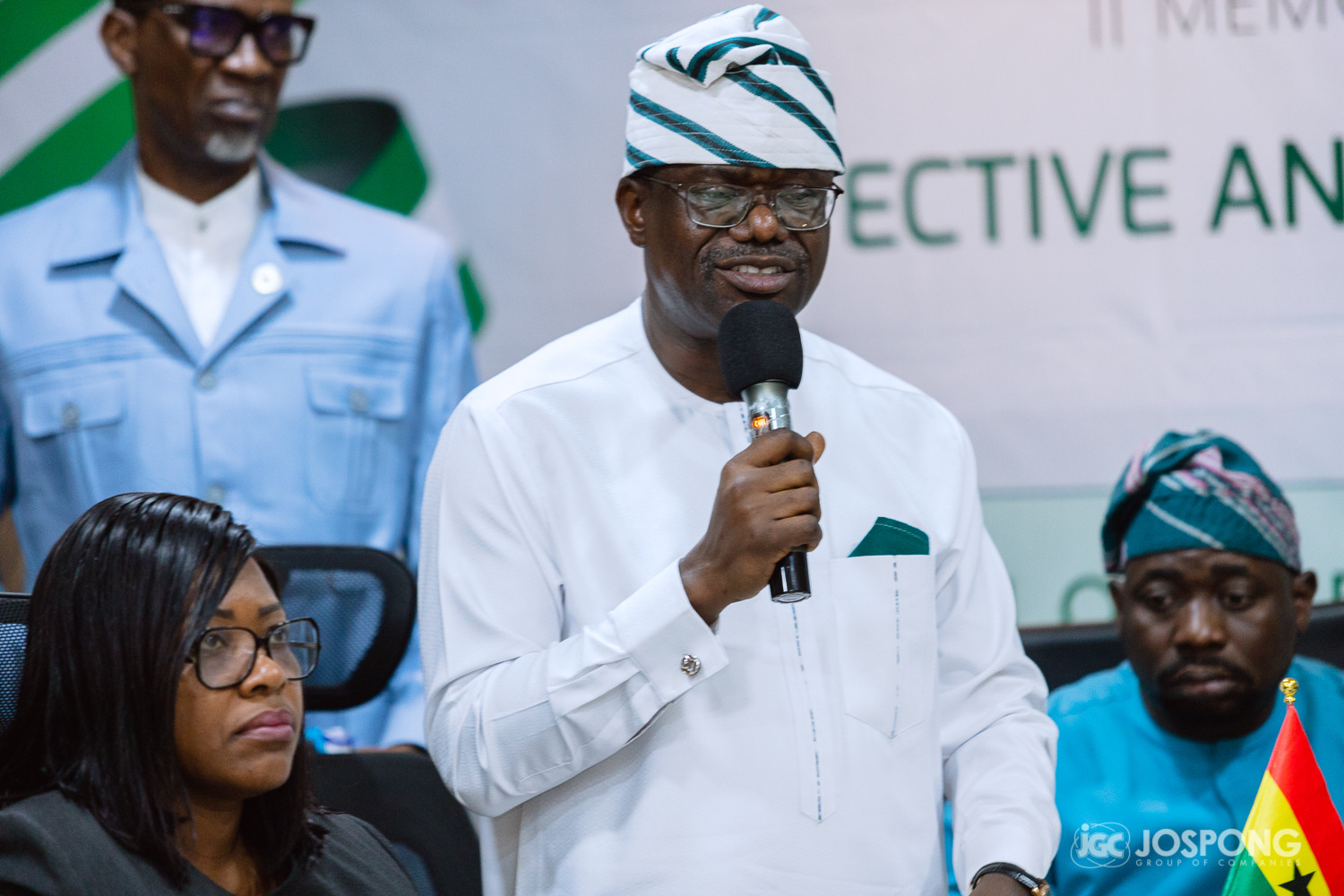


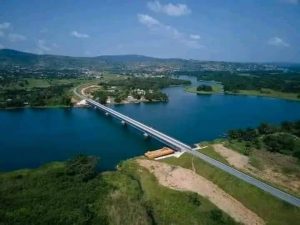
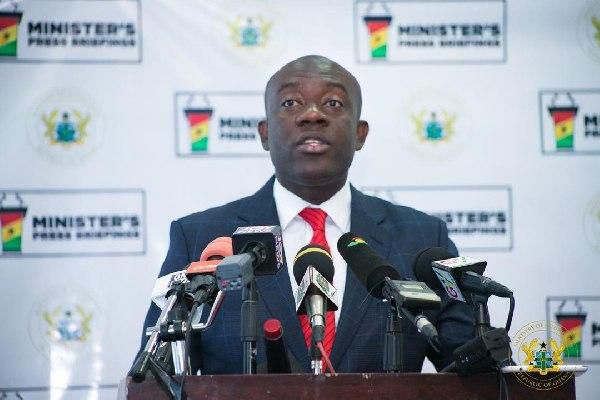
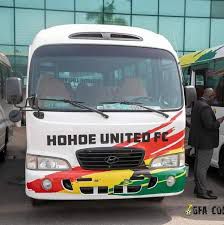

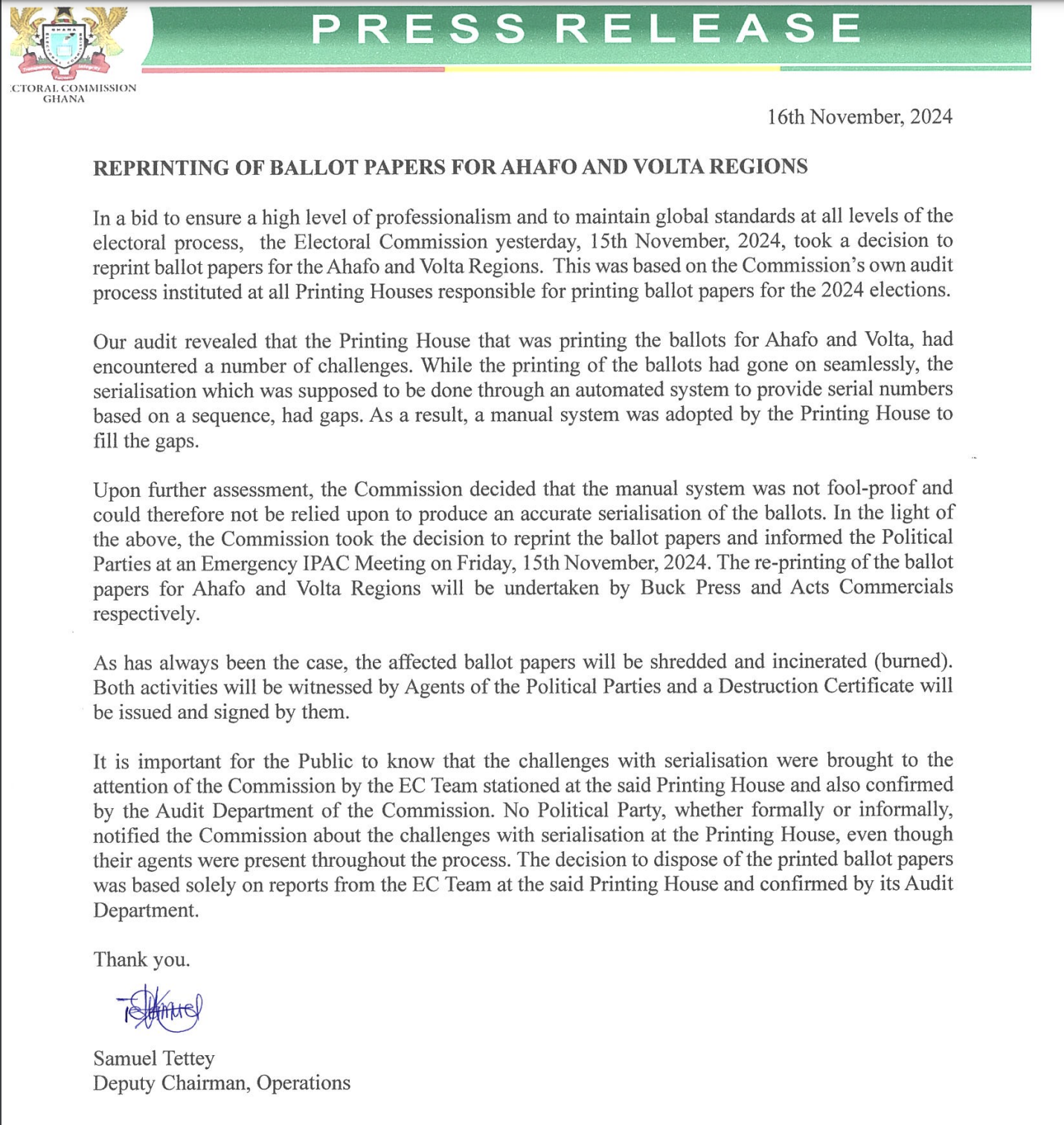
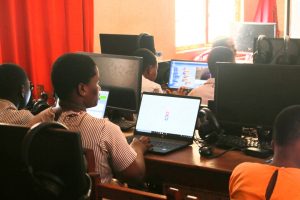
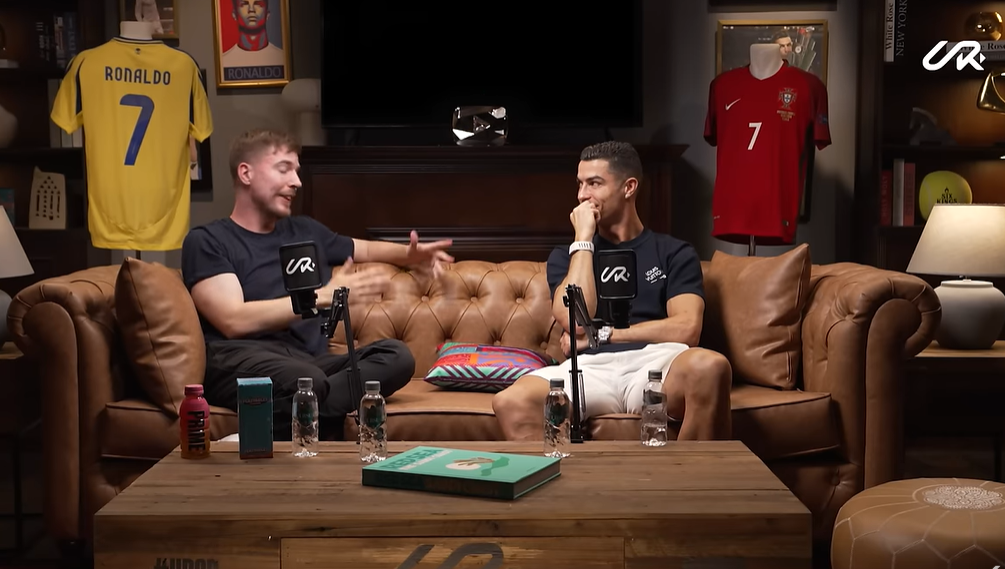
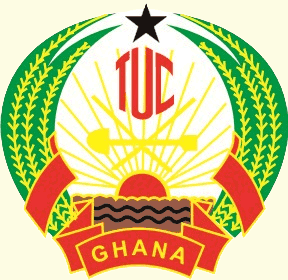


Facebook
Twitter
Pinterest
Instagram
Google+
YouTube
LinkedIn
RSS